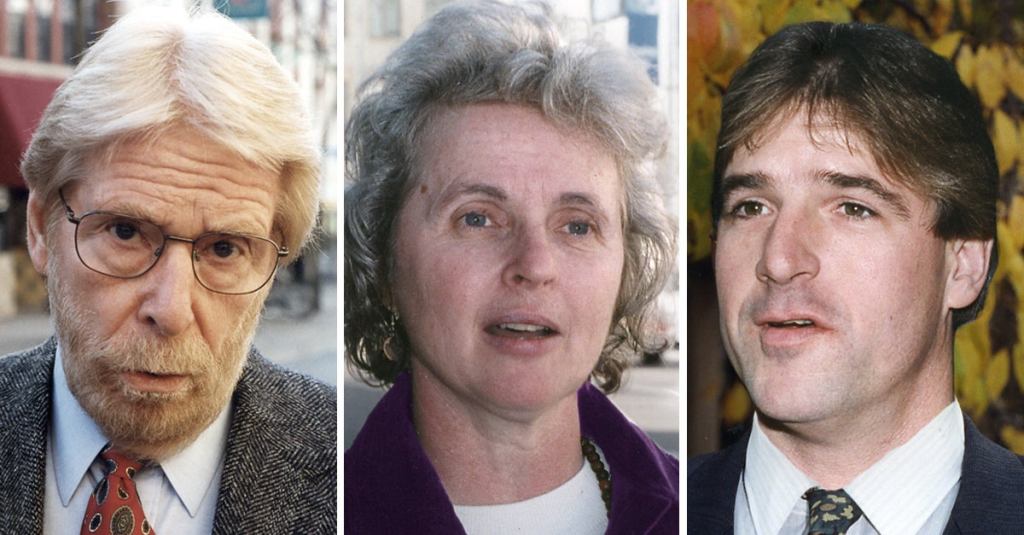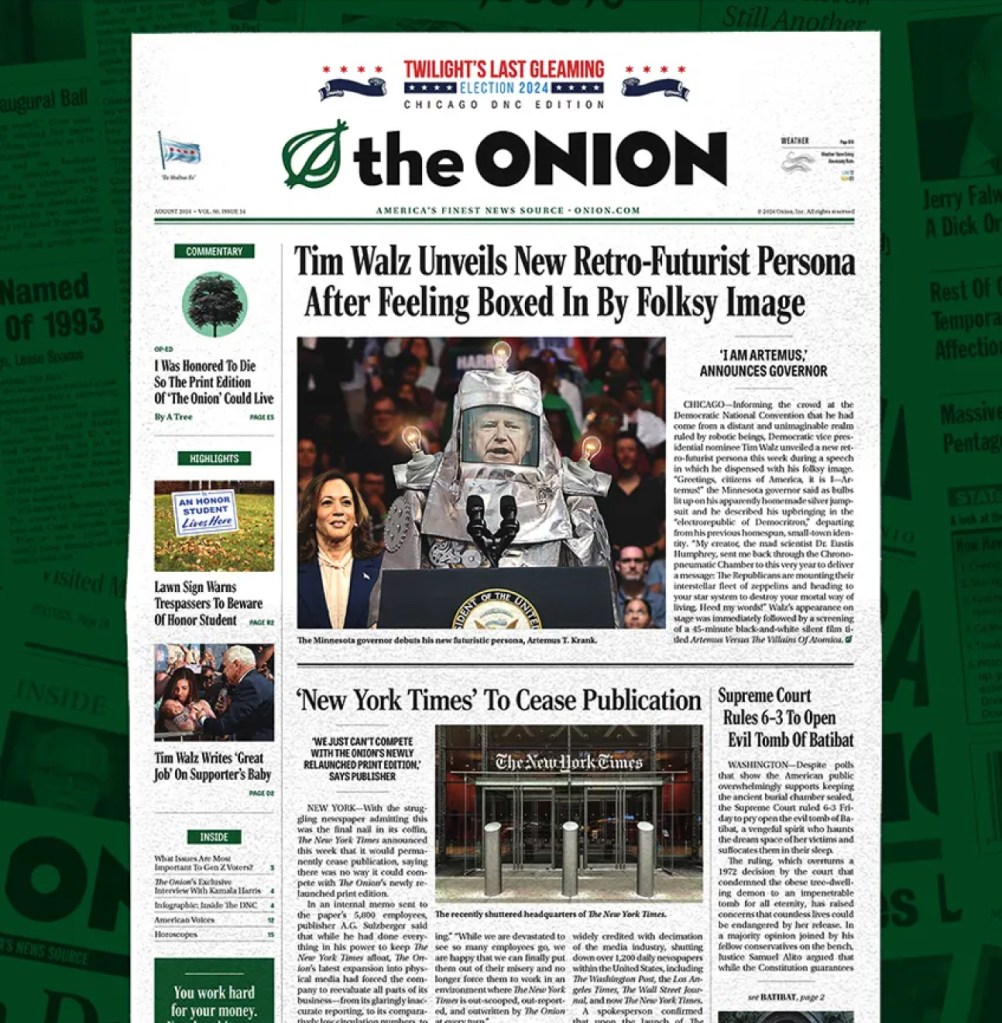WASHINGTON, DC–In a landmark antitrust decision, U.S. District Judge Thomas Nance ruled Monday that Parker Brothers’ controlling interest in the popular board game Monopoly constitutes an illegal Monopoly monopoly.
Found guilty of colluding with Hasbro to corner the Monopoly market–undermining the production and sale of similar board games and designing the Monopoly CD-ROM game to “take over” the user’s desktop and keep other games from being played–Parker Brothers faces fines of $15,140 and up to three turns in prison.
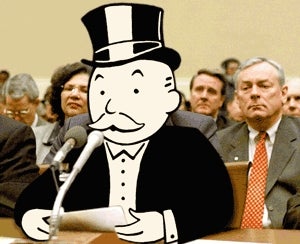
In his 62-page ruling, Nance wrote: “In light of the evidence presented–namely, the myriad versions of the Monopoly board game produced, from the first edition to the high-tech Monopoly 2000, as well as the electronic hand-held version, CD-ROM, and video-game editions, all of which are produced or licensed by Parker Brothers–this court has no alternative but to find that a Monopoly monopoly is in effect.”
Speaking outside his green plastic Atlantic City office building, lead prosecutor Milton Bradley told reporters: “These Monopoly monopolists have been allowed to park free for way too long, and it’s high time they went directly to jail. We’re talking about a company so dominant, it has leveraged its board-game success into a multi-tentacled goliath with holdings in railroads, real estate, electric utilities, and water works.”
In testimony last Friday, Parker Brothers CEO Rich Uncle Pennybags insisted that his company has never violated antitrust laws at any time.
“Quite simply, we are being punished for being too successful,” the mustachioed tycoon told a packed courthouse. “Monopoly is the world’s most popular, best-selling board game, and it has become so not through any anti-competitive practices, but simply by being a quality product that people want to buy. Isn’t that the way capitalism is supposed to work?”
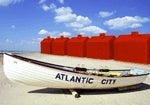
In making its case, the prosecution presented evidence of numerous questionable activities on the part of Parker Brothers, including making a series of illegal $200 payoffs to Go-passing associates, operating a grand-opera ticket-scalping ring, and engaging in price-gouging, charging $1275 for a three-minute stay at one of its luxury hotels on Atlantic City’s North Carolina Avenue.
Prosecutors also accused Parker Brothers officials of money-laundering, both in offshore accounts and so-called “under the board” money. Parker Brothers attorneys argued that the extra funds were due to a bank error in the company’s favor, but prosecutors cited tax forms showing that the company opted to pay a flat income tax, per Atlantic City law, rather than have 10 percent of its gross worth calculated. Receipts for a luxurious diamond ring taxed at $75, presented late in the prosecution phase, proved similarly damaging to the defense.
“Clearly, this is not the squeaky-clean company Mr. Pennybags would have you believe it is,” Bradley said. “And while we’re on the subject, what about Pennybags himself? How reputable is he? This is, after all, the man who, in 1997, attempted to cover up his second-place finish in some sort of bizarre beauty contest for elderly men.”
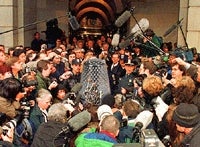
The guilty verdict comes at a bad time for Parker Brothers, which is already reeling from plummeting stock, a shrinking market share, and a recent assessment for street repairs on all its buildings. Attorneys for the company attempted to plead insolvency, presenting as evidence numerous face-down title deeds for holdings, but Nance was unmoved.
“From the McDonald’s Monopoly game to Monopoly slot machines in Las Vegas to such college-themed games as Michiganopoly and Notre Dameopoly, Monopoly has so thoroughly dominated its arena, it can only be regarded as anti-competitive,” Nance wrote in his decision. “No board game should wield this much clout in a free and open marketplace.”
Business watchers say the verdict was long overdue.
“Pennybags is one of the most predatory and underhanded figures in the history of the toy-and-game industry,” Fortune associate editor Craig Black said. “This guy was literally writing his own rule book. He stabbed everyone in the back to get the world’s most popular board game all to himself, and once he did, it was like a license to print his own money.”




